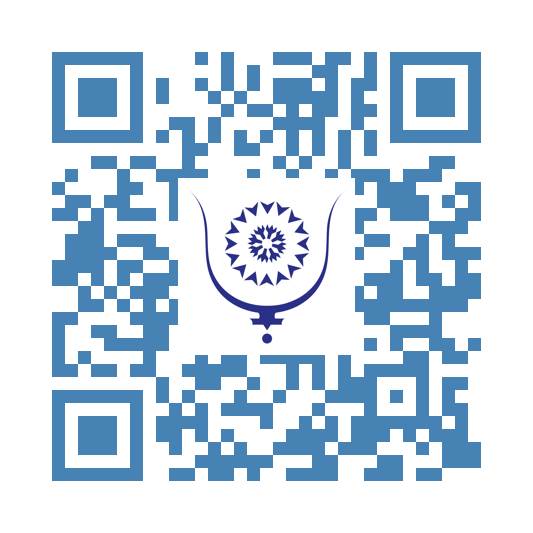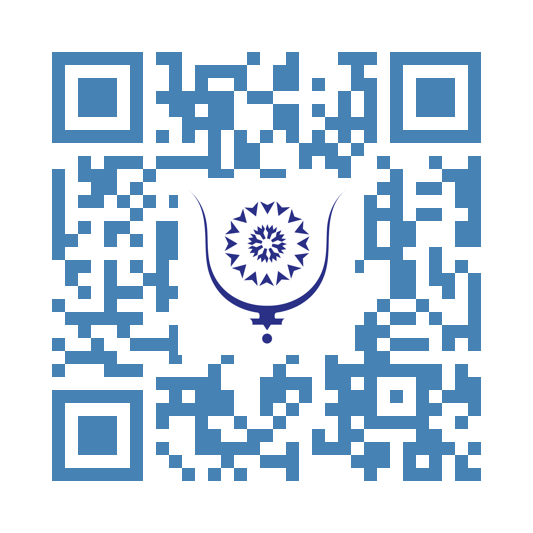President Macron visit to Morocco:the shadow and the spirit of Moulay Ismail, those of his ambassador Benaicha were very present and those of Louis XIV too. 4036
His Majesty King Mohammed VI of Morocco has given a historical character to President Macron's visit to the Kingdom. From the memory only the great monarchies and the oldest nation can reserve to a foreign head a so authentic welcome, as rich in symbols.
There was indeed the insistence of the President when he evokes the position of the state of France with regard to the provinces of the Moroccan South and of course the ten billion of Euros signed economic agreements but is there the essential?
In one of his words, President Macron has not failed to evoke the history. He even went back to the fascinating character of the ambassador Benaicha, the one that Sultan Moulay Ismail had dispatched to the Sun King. It could have gone back further because there were many exchanges prior to the period or years mentioned.
To remain in the same reigns in Paris and Morocco we can recall that Louis XIV had in 1689 sent to the Cherifian Sultan Moulay Ismail, Francois Pidou of Saint-Olon. At the time when a sovereign sent an emissary to another, one spoke of embassy. It is therefore in response to this embassy that the Sultan sent in turn an embassy in the person of Abdallah Benaicha who took the road to Paris in 1698, almost ten years later.
Travelling was long, tedious and risky at the time and exchanges very little political otherwise when it came to guaranteeing a little bit of security to allow and promote trade and much to free the captives of on one side as in the others. At the’ time the Cherifian Empire made a lot in the export leathers, salt, wheat in particular. Benaicha, who did not meet Louis XIV until February 16, 1699, had in fact come to negotiate the release of Muslim captives taken prisoner at sea by the ships of the Sun King. The unfortunates were used forcibly in careers. He wanted to negotiate a treaty to that effect.
Abdallah Benaicha was a high-ranking sailor. He can be compared to a sort of Admiral of the time. He did not speak French but rather English and Spanish. These were the languages that traders and knowledgeable people, especially those in navigation, spoke on the southern side of the Mediterranean as well. The maritime powers that were emerging were precisely Spanish and English.
Who else could negotiate such a treaty than Benaicha who himself had been captive in England in his youth and who had only been released at the cost of a large ransom. It was commonplace. People were generally captured at sea, their strength of arms and their knowledge were taken advantage of when they had it and their release was negotiated for large sums of money, later. The rulers of the time easily gave in to this kind of blackmail. Religion was never far from the problem. Christians captivated Muslims and Muslims did the same to Christians. The world was thus divided according to the confessions of the inhabitants of particular regions.
In Paris, Benaicha will be warmly welcomed with great respect, in order to show Versailles' consideration for Moulay Ismail and his power. Many visits to monuments were organized for him, obviously not at all for a cultural purpose but rather to show him the power of the country and the reign of its sovereign at the time. He had to be impressed in order to come back and tell his own Sultan about it. Louis XIV thus boasted of his power to intimidate the Cherifian Sultan. It was a way to impress and dissuade anyone who might doubt the power of the country. This was the way it was done at the time and perhaps still is today. These were the assets of foreign policy: to scare and show how advanced and powerful one was.
Benaicha, with his class, his refined manners, his very rich attire, his appearance and his culture, will be perceived as a rather interesting and attractive curiosity. It is even said that he seduced more than one lady of the nobility of the Court of Louis XIV. The women of the court did not hold back at the time and had their barely hidden habits as well...
During his very prolonged stay, with apparent reasons or not, Benaicha also met James Stuart, the dethroned King of England, who had taken refuge in France. He had apparently known him in his youth when he had been, as mentioned above, made a Muslim slave. England at the time was prey to real instability with a complicated religious substratum. Catholicism was facing very great difficulties. Normal that James Stuart himself a Catholic took refuge with a Catholic King. As a reminder, while he was having difficulty maintaining himself on the English throne, James Stuart is said to have received an offer of help from Moulay Ismail. But the military support had been accompanied by a complex and complicated condition. Moulay Ismail, is said to have simply asked James Stuart to convert to Islam and failing that to Protestantism.
Unlike President Macron's state visit to Morocco, which ended in apotheosis with grand conventions, gigantic contracts and promising and sincere smiles, Benaicha's mission ended with not much... Like all the expeditions of the time. However, should we not recognize that this embassy had left some seeds? It had the merit of making known to both of us what we truly were, each on our own side.
The milestones laid then and the seeds sown by Benaicha during his Parisian journey will certainly have served as the foundations for what has just been experienced during the visit of President Macron, who had the intelligence to mention it. This is precisely the moment that was seized on both sides to say loud and clear that only consideration and mutual respect could seal a great friendship and guarantee the interests of each other.
Four centuries of relations were evoked with intelligence, no doubt, to say that one cannot do without registering in the historical perspective to reflect and build the present and the future.
In any case, the shadow and the spirit of Moulay Ismail, those of his ambassador Benaicha were very present and those of Louis XIV too.




